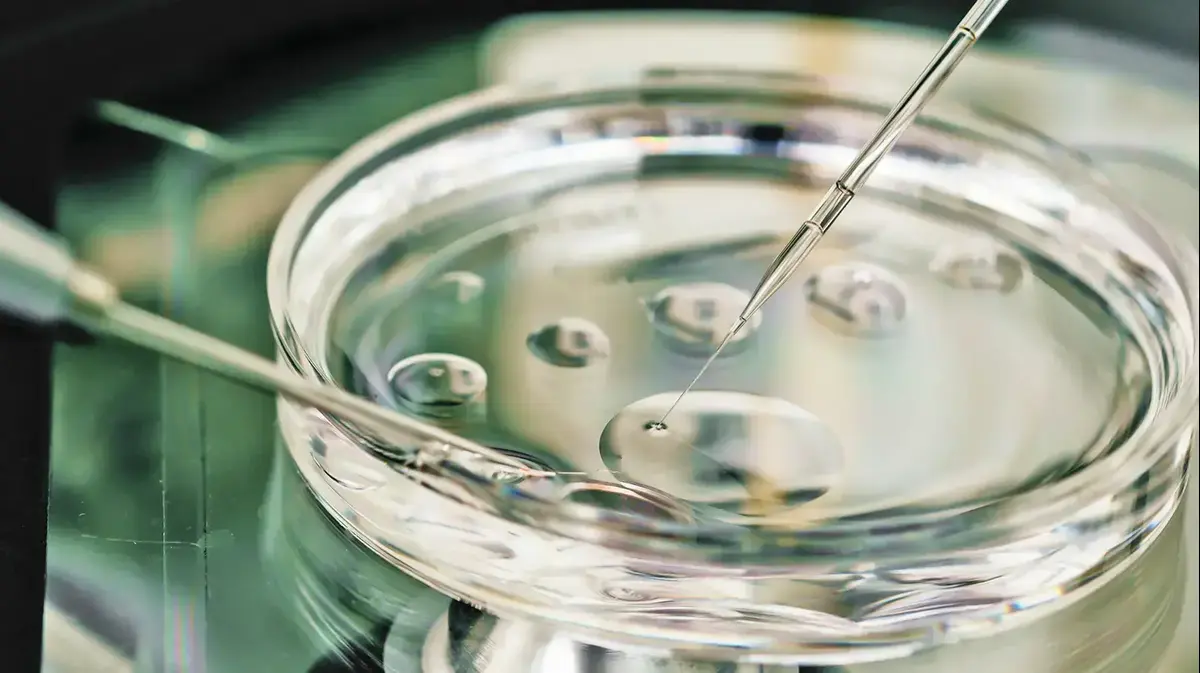Hereditary angioedema: from a disease that manages the patients, to a disease that the patients manage
Although it is a rare disease, the detection rate of hereditary angioedema in Israel is among the highest in the world.
In the therapeutic sector, Israel is also at the center, and the future also looks more promising.
On the occasion of the Hereditary Angioedema Awareness Day, Prof. Aharon Kessel, Director of the Institute of Allergy and Clinical Immunology in Bnei Zion, with the data
In collaboration with Admah
03/07/2022
Sunday, 03 July 2022, 12:49
Share on Facebook
Share on WhatsApp
Share on Twitter
Share on Email
Share on general
Comments
Comments
Coping with hereditary angioedema - a rare disease that manifests itself in recurrent bouts of edema (swelling) in the tissues - has undergone a huge change in recent years.
From a disease that manages its patients and prevents them from a proper agenda or any planning ahead, to a disease that the patients manage and control.
Further future developments should ensure patients even greater control over disease management.
But before we talk about the future, a little historical overview: the disease was first discovered in 1882 by Heinrich Irenos Quinca, but the mechanism of the disease was discovered years later, in 1963, by Donaldson (VH) with an essential enzyme deficiency C1-INH (C1esterase Inhibitor).
Another significant leap in understanding the disease occurred in 1998 by Prof. Juerg Nussberger, who proved that the chemical mediator (bradykinin) is responsible for the condition, causing high vascular permeability, and appearing during an attack in the edematous organ and serum.
What causes the disease?
Hereditary angioedema is manifested by recurrent bouts of edematous swelling, which can appear on the face, limbs, urinary tract and genitals, and even in the intestine or pharynx, to the point of being life-threatening.
Most patients in the world suffer from a deficiency or dysfunction of the enzyme C1-INH (a protein of great importance that is also linked to the coagulation system, and among other things is intended to protect against excessive penetration of the walls of blood vessels).
In recent years more types of the disease have been discovered that are not deficient in the enzyme, although they are more rare.
For example, a mutation in the clotting factor "factor 12" in the blood, which belongs to the contact system and occurs mainly in women.
Triggers for seizure: Infection and emotional stress
We already know that there are situations that can trigger the attack.
"The classic trigger we know is trauma, sabotage. That is, in the area where the patient receives a blow, swelling may appear," says Prof. Aharon Kessel, director of the Institute of Allergy and Clinical Immunology in Bnei Zion.
"Beyond that, we know that anxiety and emotional stress cause seizures. Infections can also cause seizures, as well as the use of drugs that contain estrogens."
Hereditary angioedema (Photo: ShutterStock)
Percentage of the disease in Israel - one of the highest in the world
Hereditary angioedema is a rare disease, with a prevalence in the general population in Israel of 1: 50,000.
"It is estimated that there are between 250-300 patients in Israel, most of them treated in the four main centers for angioedema: Sheba Tel Hashomer, Ichilov, Bnei Zion and Barzilai in Ashkelon," says Prof. Kessel.
"The big problem is that because it is an orphan disease, most doctors in the community do not know it well, so the diagnosis is often delayed, sometimes several years. However, the detection rate of the disease in Israel is one of the highest in the world. It is a small country and it has a big advantage, in the ability to treat a patient who is close. "
The genetic component
According to Prof. Kessel, a seizure can appear as early as infancy.
"Because it is a dominant hereditary disease, it is enough for one parent to have hereditary angioedema, and his child has a 50% chance of getting it.
However, 25% of patients have no family history of the disease, making diagnosis difficult.
"Anyone who has angioedema that does not respond to steroid treatment or anti-allergic treatment is a blue suspect in hereditary angioedema," says Prof. Kessel.
"Sometimes the patient does not have all the symptoms we are used to seeing in the disease - both abdominal attacks, both throat attacks and bloating, so it is advisable to consult the attending physician, and get a referral to a specialist for the diagnosis of hereditary angioedema."
Hereditary angioedema (Photo: PR)
The breakthrough with the innovative treatments
"In Israel, the situation is excellent with leading-edge treatments - one is treatment given to patients whose seizure frequency is relatively low, and it is given by injection during a seizure," says Prof. Kessel.
"The second is a preventative treatment, designed for those who suffer from strong seizures frequently, and here there are two excellent treatments: one is by injection, and the other by swallowing a pill."
The injection is given once every two weeks and the pill should be taken daily, swallowed and painless.
"Preventive care is very effective," says Prof. Kessel.
"There is no doubt that for patients who have had seizures once a week or more, and have suffered from a marked quality of life disorder, preventative care is life-changing. Prior to the new treatments, patients could not plan a trip abroad for fear of having a seizure. And will there ever be anyone who knows the disease.
Patients were afraid to even go to parties and family events.
Even experiencing a seizure in the middle of a work session is not pleasant.
This is a severe impairment of quality of life.
Preventive treatments allow patients to manage the disease, rather than letting the disease manage them.
Thanks to preventative care, seizures are significantly reduced, and patients can plan appointments, work properly, study, plan trips, live and feel free. "
With the face forward: the future looks promising
Prof. Kessel says that Israel is participating in a number of groundbreaking studies around the world concerning the disease and which are at an advanced stage, most of which deal with additional preventive treatment that will be given orally.
Apart from that, Israel is participating in a study that deals with ball-shaped therapy, which is intended to be taken during an attack, instead of the injection that exists today.
These developments are expected to make patients' lives even easier, and will undoubtedly further improve their lifestyle and quality of life.
Served as a public service sponsored by Neoprem
health
My health
Tags
Hereditary angioedema















